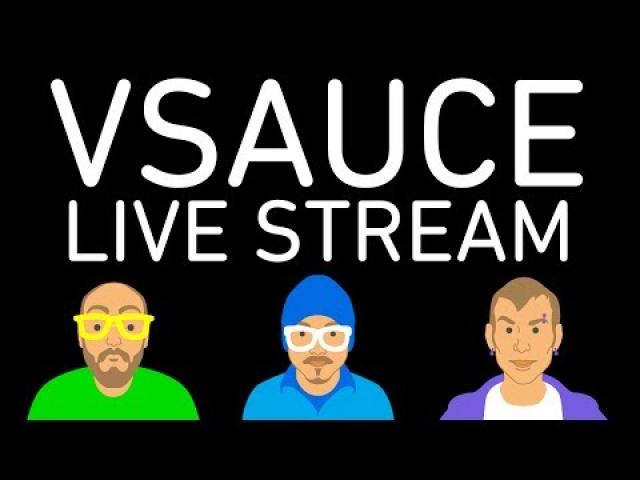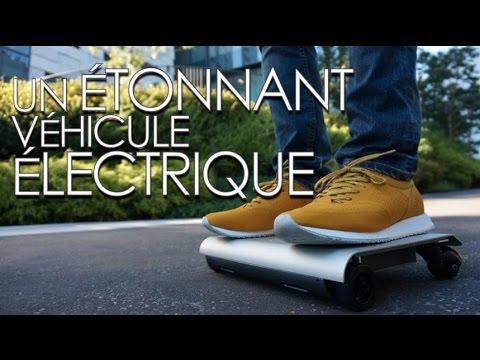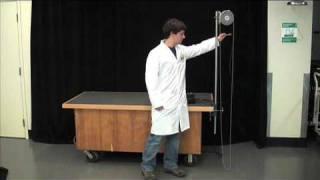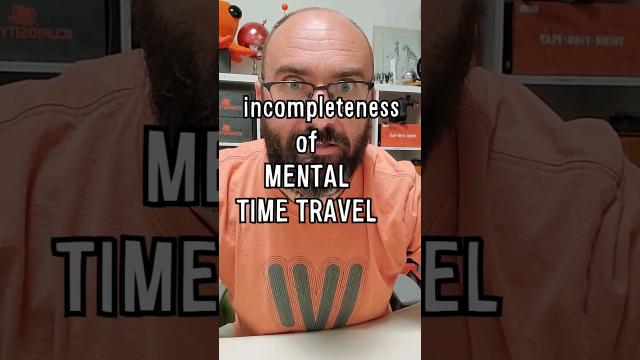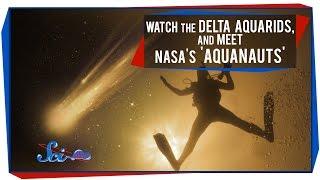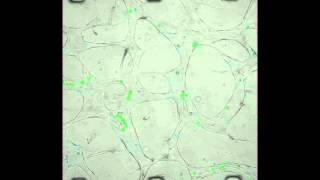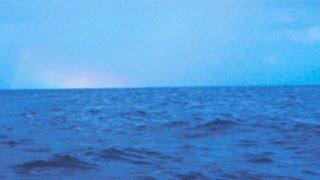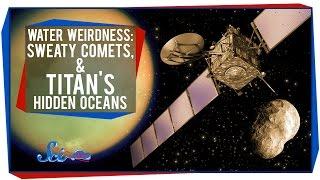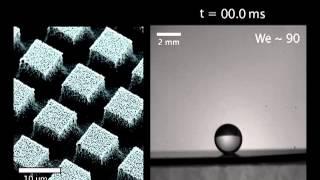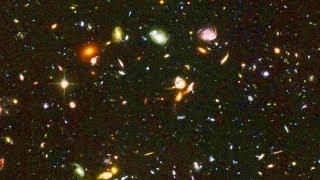Time Travel, Teleportation & Science
Time travel is the concept of moving between different points in time in a manner analogous to moving between different points in space, generally using a theoretical invention, namely a time machine. It has a commonly recognized place in philosophy and fiction, but has a very limited application in real world physics, such as in quantum mechanics or wormholes.
Although the 1895 novel The Time Machine by H. G. Wells was instrumental in moving the concept of time travel to the forefront of the public imagination, The Clock That Went Backward by Edward Page Mitchell was published in 1881 and involves a clock that allowed three men to travel backwards in time.[1][2] Non-technological forms of time travel had appeared in a number of earlier stories such as Charles Dickens' A Christmas Carol. Historically, the concept dates back to the early mythologies of Hinduism (such as the Mahabharata), Buddhism, and Islam through ancient folk tales. More recently, with advancing technology and a greater scientific understanding of the universe, the plausibility of time travel has been explored in greater detail by science fiction writers, philosophers, and physicists.
Teleportation, or Teletransportation, is the theoretical transfer of matter or energy from one point to another without traversing the physical space between them. It has a commonly recognized place in science fiction literature, film, and television, but as yet has a very limited application in real world physics, such as quantum teleportation or the study of wormholes.
Science (from Latin scientia, meaning "knowledge") is a systematic enterprise that builds and organizes knowledge in the form of testable explanations and predictions about the universe. In an older and closely related meaning, "science" also refers to a body of knowledge itself, of the type that can be rationally explained and reliably applied. A practitioner of science is known as a scientist.
In modern usage, "science" most often refers to a way of pursuing knowledge, not only the knowledge itself. It is also often restricted to those branches of study that seek to explain the phenomena of the material universe.
Source : Wikipedia
-
06:28
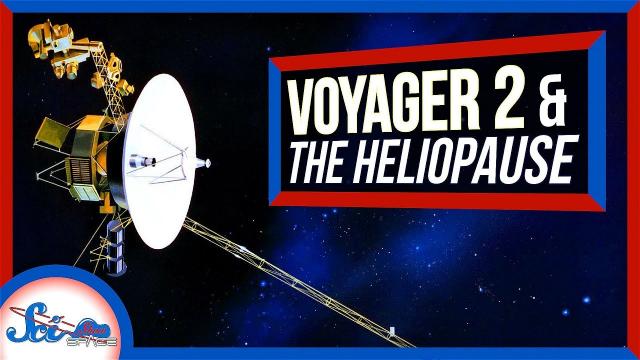
Voyager 2’s Notes from Interstellar Space | SciShow News
Added 483 Views / 0 LikesVoyager 2 is the second object to leave our solar system, which means we now have twice as much information about its edges! And scientists have found a record-breaking black hole.Hank reads The Raven for Ours Poetica: https://www.youtube.com/watch?v=4TaG
-
00:59
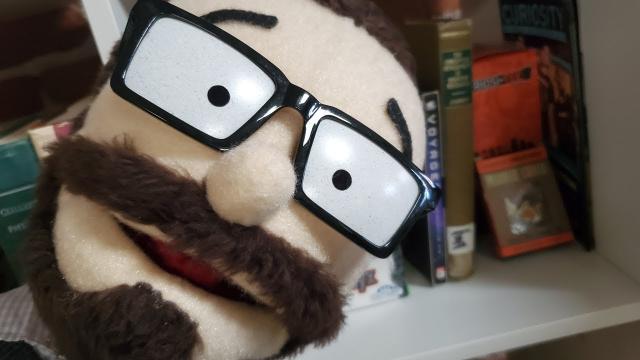
Vsauce Office Tour 1 #shorts
Added 253 Views / 0 LikesA #short peak into our office. More to come!!join our curious community: https://www.curiositybox.com/Puppet at the end by Adam Kreutinger: https://www.instagram.com/adamkreutinger
-
02:38

Walking Through Walls and Quantum Annealing
Added 707 Views / 0 LikesWalking Through Walls and Quantum Annealing
-
00:57
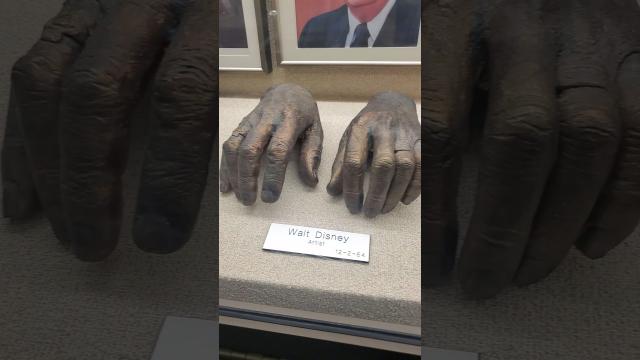
Walt Disney's Hands
Added 204 Views / 0 LikesBe sure to make a hand turkey today ????????#hands #history #museum #medicine #anatomy #waltdisney #drsuess #abrahamlincoln #peanuts #uspresident #moonlanding #louisarmstrong #andrethegiant #waltwhitman #normanborlaug #celebrity #bronze #hearttransplant #
-
01:44

Was CRISPR discovered or invented?
Added 670 Views / 0 LikesWas CRISPR discovered or invented?
-
1:26:02
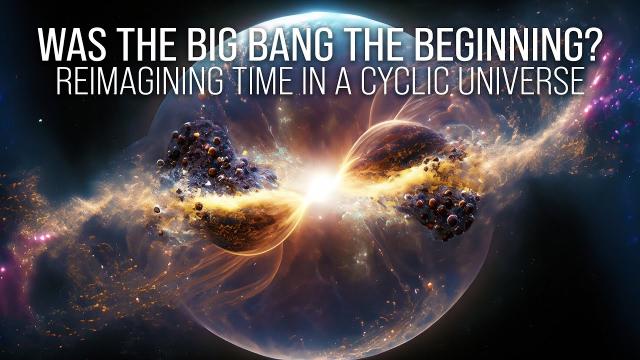
Was the Big Bang the Beginning? Reimagining Time in a Cyclic Universe
Added 121 Views / 0 LikesA universe that continually expands has long been the dominant cosmological framework. But a universe that undergoes cycles of expansion and contraction, perhaps for all time, has recently been analyzed mathematically, and its proponents claim that it pro
-
04:23
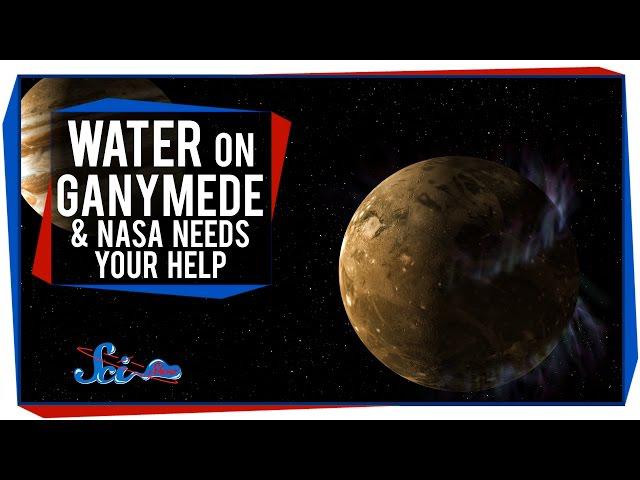
Water on Ganymede, and NASA Needs Your Help!
Added 659 Views / 0 LikesWater on Ganymede, and NASA Needs Your Help!
-
02:59
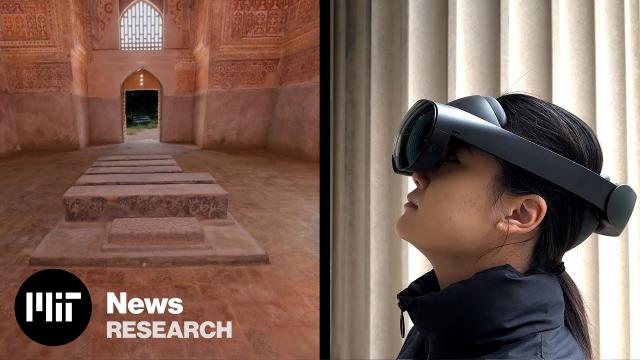
Ways of seeing
Added 169 Views / 0 LikesThe “Ways of Seeing” project documents endangered Afghan heritage sites through digital imaging, virtual reality, and hand-drawn professional renderings. (Learn more: https://news.mit.edu/2023/architectural-heritage-ways-of-seeing-project-0519)Watch more
-
05:42
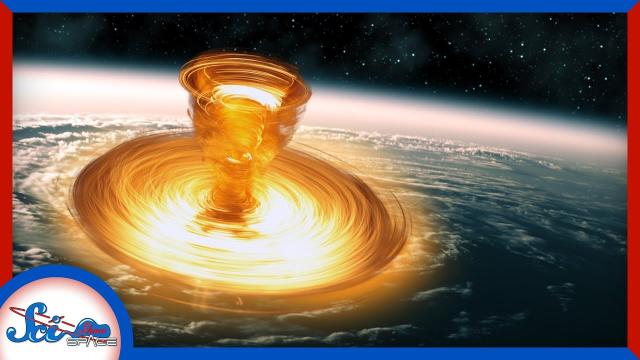
We Almost Didn't See the North Pole Space Hurricane | SciShow News
Added 378 Views / 0 LikesAstrophysicists have discovered an exoplanet that lost its atmosphere, but then, somehow, grew it back! Also, astronomers used satellite data to find a magnetic hurricane above the north pole that we almost missed!Hosted by: Hank GreenSciShow has a spinof

